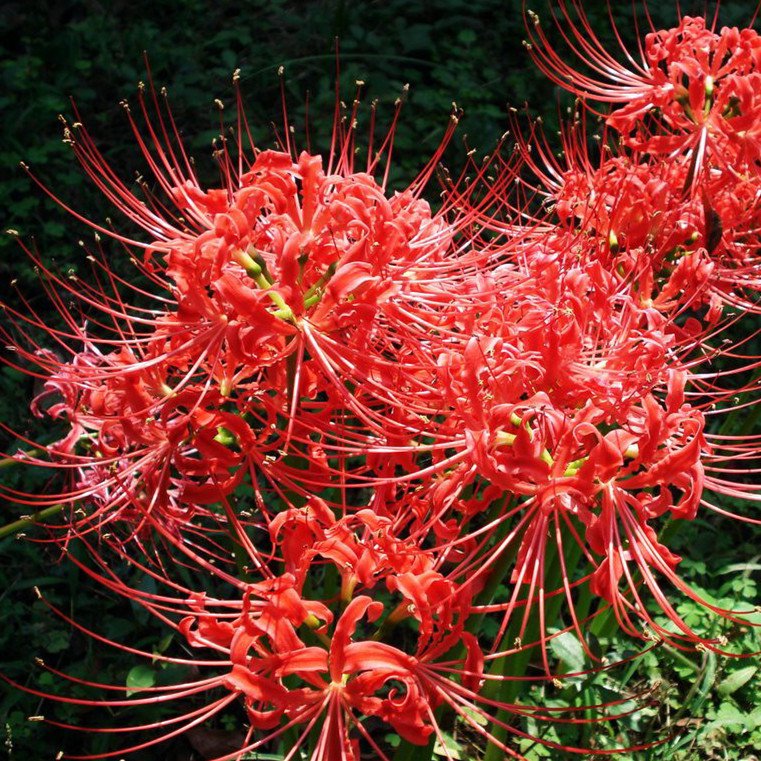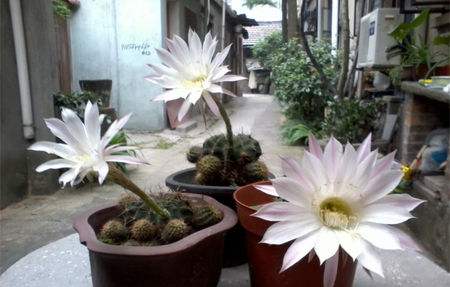Dripping Guanyin is toxic-special attention should be paid to conservation and planting.
Dishui Guanyin is a trade name, also known as "Dishui lotus" and bergamot. Other common names include Wolf venom (underground stem), Tianhe, Guanyin lotus, mimosa, river immortal, Guanyin taro, Guangdong wolf venom taro, wolf venom (Guangdong), wild taro, mountain taro, big root taro, big insect taro, taro, Tianmeng, and so on. Taiwan's calla lotus refers to sea taro.

This plant is a perennial evergreen herb with medicinal value.
The flower language of Dishui Guanyin-like-minded, sincere, interesting, elegant inside.
Dishui Guanyin's scientific name sea taro, known in ancient times as "Guanyinlian" and "Mimosa", has the effect of removing dust from the air. The white juice in the stem of dripping Guanyin is poisonous, and the dripping water is also poisonous. accidentally touching or eating its juice will cause discomfort in the pharynx and mouth, and in serious cases, it will suffocate, leading to heart paralysis and death. Skin contact with its juice will cause itching or strong irritation, eye contact with juice can cause severe conjunctivitis, or even blindness, so try to reduce contact with dripping Guanyin, families with children had better not plant.
Time: 2019-04-22 Click:
- Prev

Bulbous bulbous plant-how to plant and maintain garlic flower
Lycoris radiata (Latin name: Lycorisradiata (L'Her.) Herb.) belongs to the genus Lycoris of Lycoris. Bulb subglobose, 1-3 cm in diam. Autumn leaves, narrowly banded, ca. 15 cm long, ca. 0.5 cm wide, tip obtuse, dark green
- Next

The most suitable hydroponic plants for beginners
Some friends are particularly fond of hydroponic plants, which look clean, indoor cultivation will not get dirty, and they will not do a good job in preventing mosquito breeding. The second thing is to prepare suitable plants. These are all good ornamental aquatic plants. Which one have you raised? Tongqian grass
Related
- Fuxing push coffee new agricultural production and marketing class: lack of small-scale processing plants
- Jujube rice field leisure farm deep ploughing Yilan for five years to create a space for organic food and play
- Nongyu Farm-A trial of organic papaya for brave women with advanced technology
- Four points for attention in the prevention and control of diseases and insect pests of edible fungi
- How to add nutrient solution to Edible Fungi
- Is there any good way to control edible fungus mites?
- Open Inoculation Technology of Edible Fungi
- Is there any clever way to use fertilizer for edible fungus in winter?
- What agents are used to kill the pathogens of edible fungi in the mushroom shed?
- Rapid drying of Edible Fungi

